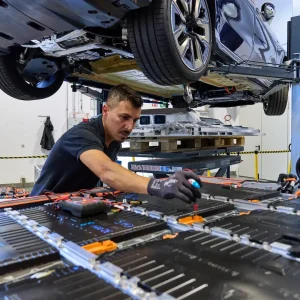The headlines in last week’s papers gave a clear message – the rise in fuel duty was not a popular move. It would sound the death knell for the UK’s haulage industry claimed some papers, while others were keen to…
Fuel duty – are the brakes off?
The headlines in last week’s papers gave a clear message – the rise in fuel duty was not a popular move. It would sound the death knell for the UK’s haulage industry claimed some papers, while others were keen to point out yet another tax increase on Britain’s motorists and businesses.
While of course the national press has gone with inflammatory comments in a bid to sell more papers, this latest fuel duty increase does come at a time when pump prices are already high and when uncertainty in the economy is making businesses feel uneasy about operating costs. Let us not forget that the last time we saw prices this high, there were demonstrations outside refineries and a national fuel shortage. Businesses will be getting ready to feel the hit of duty increasing operational costs and looking at whether they can pass the increase directly onto their customers
It seems on this occasion that the Exchequer remained determined to stick to a pre-planned increase rather than consider the prevailing market conditions. This comes as a double surprise when it’s considered the Government was toying with the idea of calling an election when the duty increase came into force. With votes at stake, it’s a sign of how determined the Exchequer remains to stick to pre-planned duty increases.
This was just the first of three annual increases announced in the Budget so more increases now seem likely, especially given the tenacity of the new Chancellor to stick with the 2p rise this time around. The question seems to be whether it will be duty or the market that breaches the £1 per litre barrier
History shows us that once a threshold is broken it becomes easier to implement further increases. Look at gallon prices when they went over pound barriers, other increases followed. Price per litre creeps over one pound and it’s front page news, but after that further increases seem to lack the same sting.
So, while I would always advocate that the Exchequer should take into account the prevailing market conditions rather than sticking to a pre-planned rise, it seems the need to generate revenue may well hold sway.
With this in mind, we advocate businesses respond by taking greater control of their fuel purchases. This could lead to an uptake of fuel cards and for businesses already using cards, there could be an increase in the use of policies directing drivers to more cost-effective forecourts to help contain costs.
So if you currently have a free range policy on where you buy fuel, prepare yourself for some possible changes. With prices creeping up you could find the policy is set to change and your business taking a much greater interest on where you’re filling up.
Until the next time,
Mike





